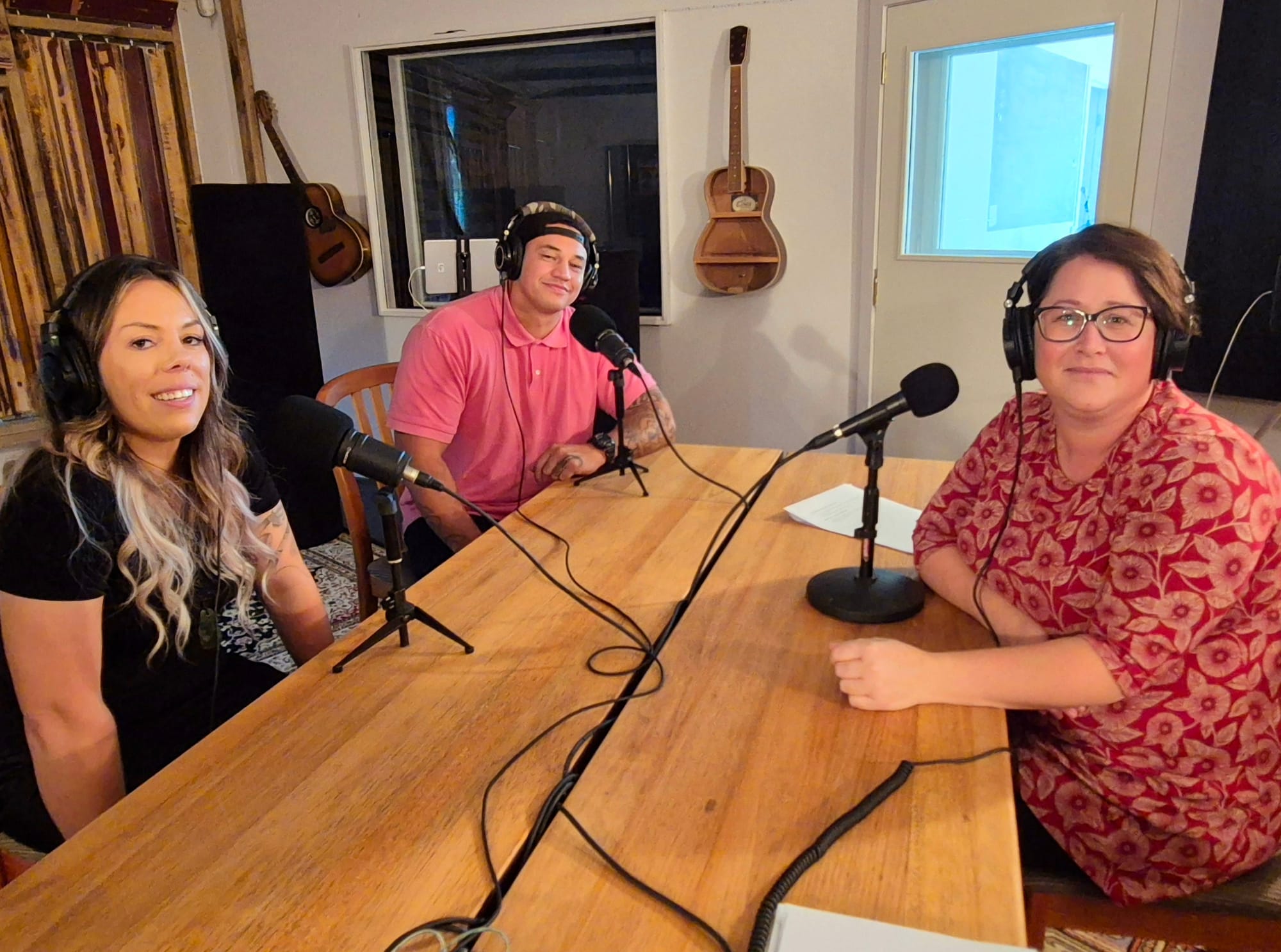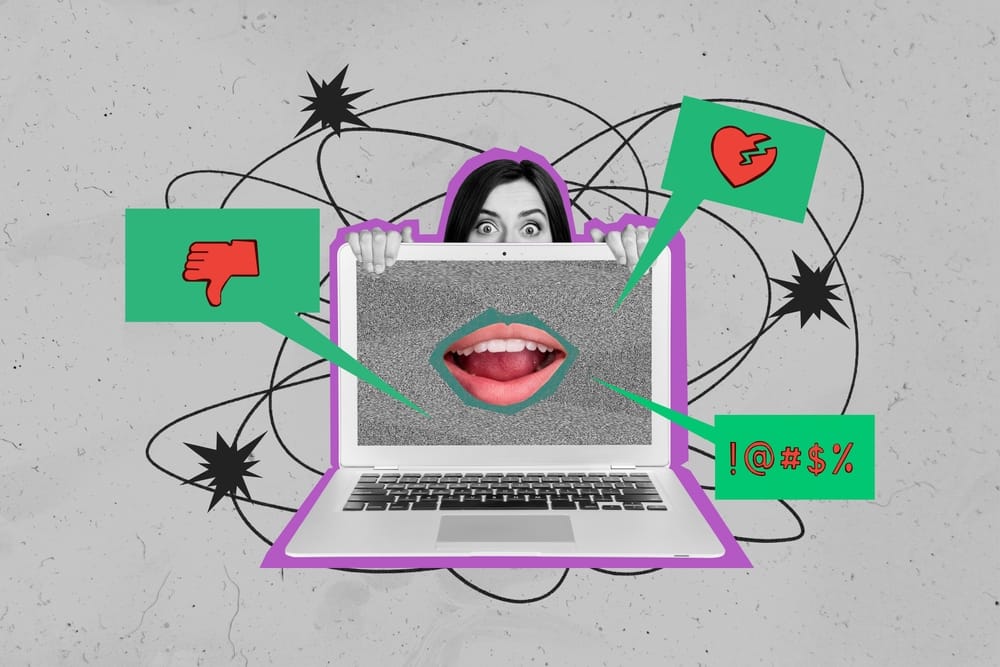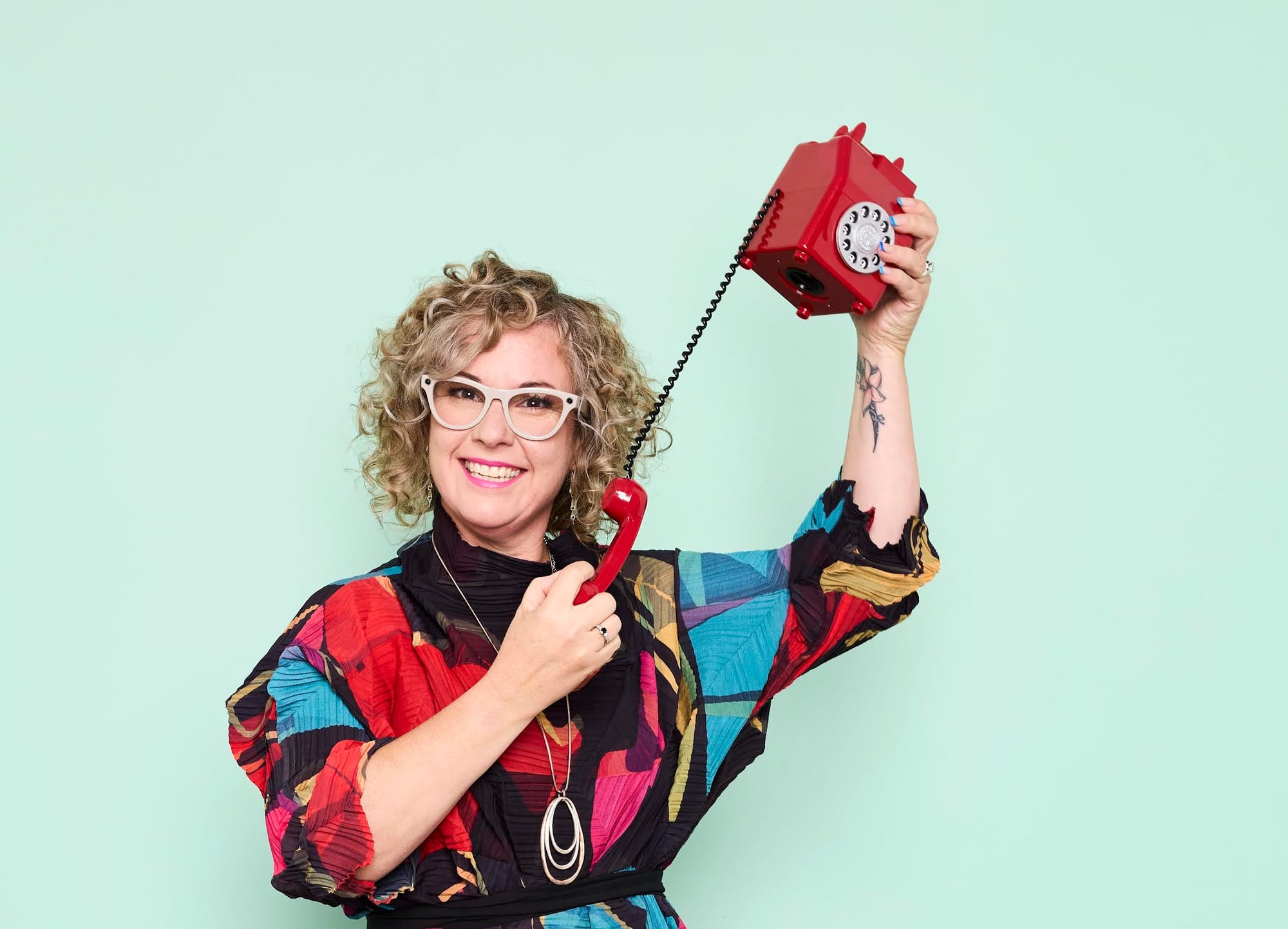
The Difference on air
New podcast highlights support workforce value
Over the past few months, a small group of support workers from mental health and addiction services across the motu have been quietly working away on a podcast – hoping that it will provide a new and more accessible way to reach a workforce always on the go.
As members of the Te Pou support work advisory group, these kaimahi meet regularly to talk about the issues they and their colleagues are facing, and feed into the design of new professional development opportunities for the support workforce that are being developed by Te Pou.
This podcast is one of these projects.
Sharing stories
Episode one is out now and features two lived experience support workers, Izzy Young from Whakatū Nelson, who works with rangatahi through youth service Real, and James Huata from Ōtepoti Dunedin, who works with tāne who have a connection to the criminal justice system through residential therapeutic community service, Moana House.
Both have ‘back stories’ that are difficult to listen to, but they share insights from their journeys generously on the podcast to highlight how peer support has offered them both healing and a way back into the workforce, something neither of them could see as a possibility just a few years ago.
Support workers are often the people who work closest with tāngata whai ora and whānau. It’s their:
- tenacity,
- their pride in their work,
- and their authentic ability to connect with people that makes such a difference in people’s lives.
Support workers often have lived experience (of adversity) themselves, even if they are not employed in lived experience roles, and it is this empathy that drives them to work so hard to improve outcomes for the people they support. It is highly skilled work, and still largely invisible.

The meaty issues
As the person lucky to be hosting this podcast as part of my role at Te Pou, I have been revelling in the chance to delve into some of the meaty issues facing support workers, issues like the importance of training and reflective practice for lived experience support workers – so timely with a multitude of new roles being rolled out across the country in our emergency departments and other spaces.
Issues like how to show leadership and thrive in your role as a CSW (community support worker) and look after your wellbeing so you can keep giving of yourself without depleting your own wellbeing reserves.
Call to action for all kaimahi
If you are a support worker or lived experience support worker,
- Listen in and let us know what you think.
- Share the podcast with your colleagues and let’s start having a conversation as a nation about how we value and develop the people that so many of us depend on.
Those essential workers who we need when we have our darkest days, who walk beside us and give us hope for a better future.


